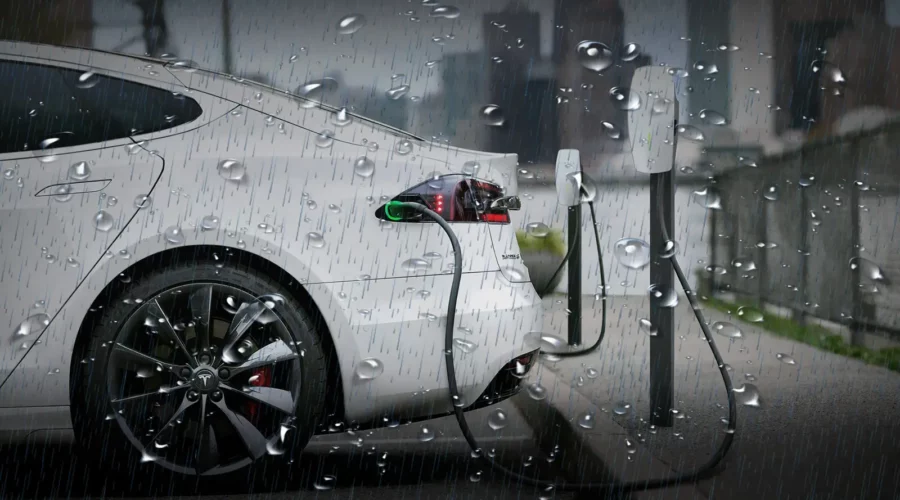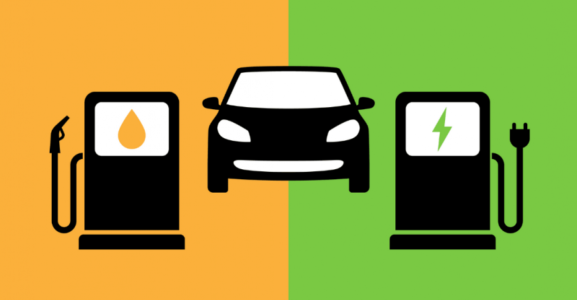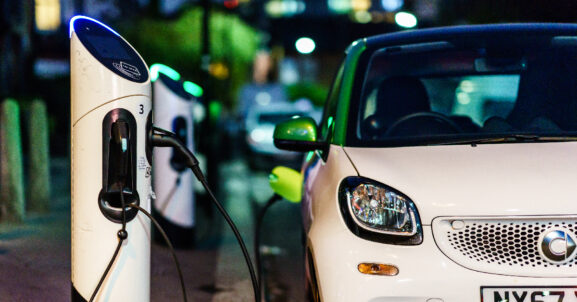Safety Concerns for Electric Vehicle Owners During the Monsoon: Four Common Concerns
Top Tips & Safety Concerns for EV safety during Monsoon
Electric vehicles are the most recent search in transportation. Till now, cars and bikes were running with the help of fuel such as petrol and diesel. And these fuel-based vehicles are the main reason for the increased pollution as well. So, people are shifting to Electric vehicles. And hence, these fuel-based vehicles are being replaced with electric vehicles.
EV Concerns
There are many concerns that are very famous about electric vehicles, such as What are the chances an electric car will be hit by thunder lighting? What happens when an Electric vehicle is driven deep in the water?
Electric vehicles are slowly gaining a name in the automotive sector. There are some concerns about their capabilities, especially when it comes to their immunity against rainy weather. As the monsoon is coming, the question in everybody’s mind is – Can the Electric vehicle survive the rainy days ahead? Today we are going to tell you about answers to these and other monsoon-related concerns about Electric Vehicles.
Concern No 1: Electric vehicles get damaged in waterlogged areas
Electric vehicles have Ingress Protection or the IP system. Usually, an electric vehicle could have an IP65 or IP67 rating, depending on the vehicle. This is said that the higher the number, the better the protection. These days, Electric vehicle batteries have an IP67 rating. An IP67 rating allows you to submerge the vehicle in water up to a meter in height for up to 30 minutes without any leakage.
Thus, driving an electric car into a pool of water doesn’t cause any malfunction, and doesn’t conduct electricity into the water around the vehicle. All systems, inside the battery pack, have several layers of protective cut-offs that activate at the first sign of water ingress.
Concern No 2: EVs are more prone to damage in case of lightening
Usually, monsoons come with the occurrences of a thunderstorm. A lot of people are worried about the lightning effect on an electric vehicle. However, the truth of the matter is you may be safer in a car if lightning is actually about to strike the vehicle. Actually, when a bolt of lightning hits a car, it hits the exterior which is a metallic surface.
Now, since the electromagnetic effects on the skin of the vehicle, the current would actually pass down safely into the ground. This is known as the Faraday Effect. In fact, they are comparatively lesser prone to any damage in the case of lightning.
Concern No 3: To Charge an Electric vehicle during the rain is dangerous
The biggest fear people have about charging is charging an electric vehicle in the rain as we know that water conducts electricity. Although, electric car chargers are weatherproof and are particularly designed to protect both the car and its humans from any kind of electrical shock.
EV chargers are tested several times before selling and have to meet certain standard safety norms. In addition to this, waterproofing electrical connectors, as well as any other electric equipment, is pretty routine.
Concern No 4: Ancillary components affect the range of the electric car
An EV does not eat up a lot of charges when using ancillary components such as the air conditioner, lights, etc. Hence, during the rain, the use of windscreen wipers, defoggers, or even head and tail lamps will have no noticeable effect on the range. The electrical use from these ancillaries is already factored in while designing the battery pack.



